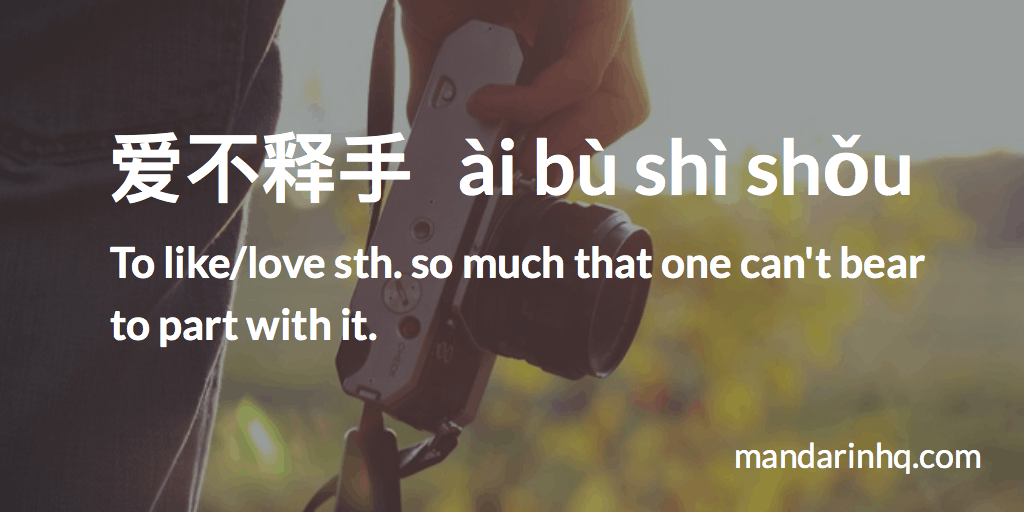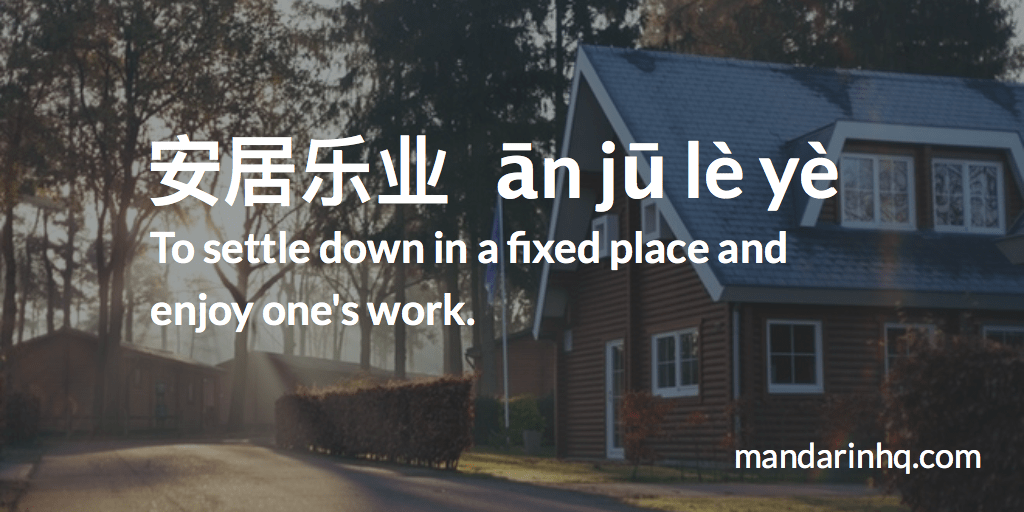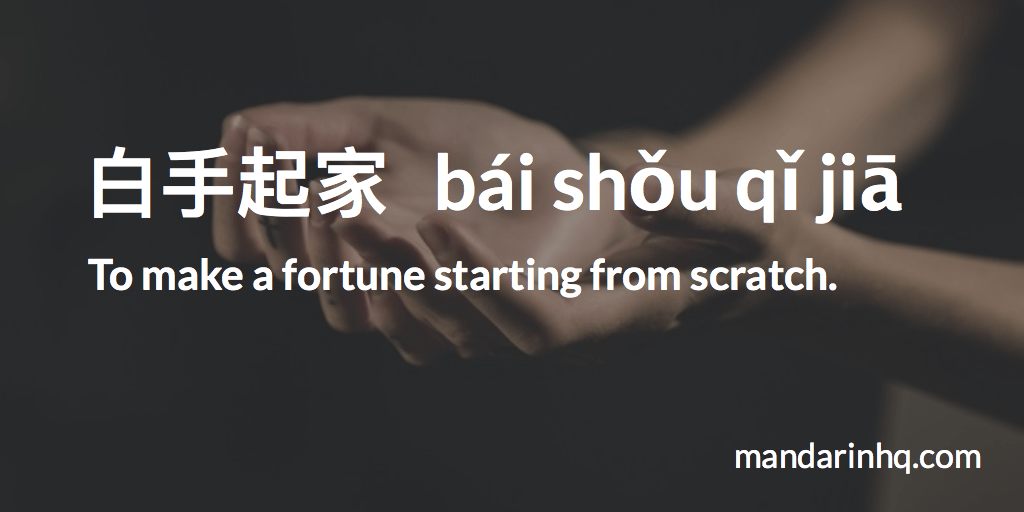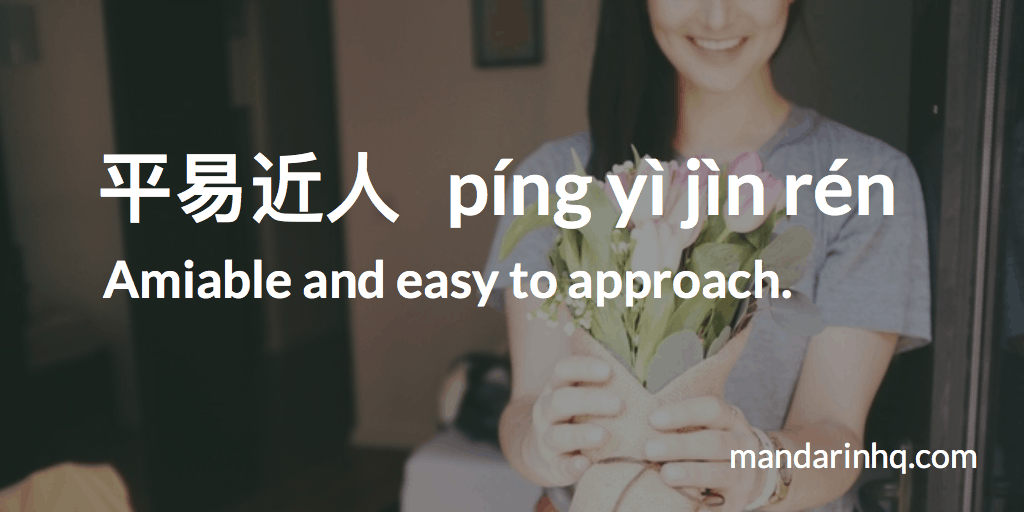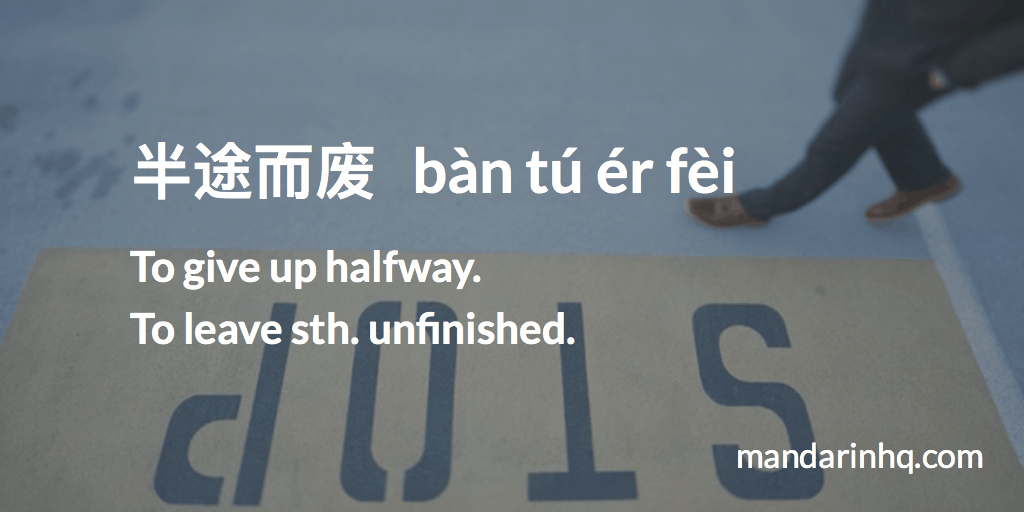This is part 1 of a 10 part series in which you'll learn a total of 60 Chinese idioms!
成语 Chéngyǔ are a type of traditional Chinese idioms typically made up of four characters.
There’s over 5000 (!) such idioms in the Chinese language. But most of them aren’t fit for use in everyday speech…
In this video, we take a look at some of the more common ones and see how they can be used in context.
Common Chinese Idioms [1-6]
爱 ài: to love / to be fond of / to like
不 bù: (negative prefix) / not / no
释 shì: to release / to let go
手 shǒu: hand
Example:
他对自己的新照相机爱不释手。
tā duì zì jǐ de xīn zhào xiàng jī ài bù shì shǒu.
He loves his new camera so much that he can’t bear to part with it.
安 ān: stable / settled / stabilized / calm and orderly
居 jū: to reside / to live in a place
乐 lè: happy / merry
业 yè: occupation / profession / vocation
Example:
我们在香港安居乐业。
wǒ men zài xiāng gǎng ān jū lè yè.
We have settled down in Hong Kong and enjoy working and living here.
跋山 bá shān: to climb mountains
涉水 shè shuǐ: to cross a river on foot
Example:
我们跋山涉水来到这里。
wǒ men bá shān shè shuǐ lái dào zhè lǐ.
We have been through a lot to get here.
白手 bái shǒu: empty-handed / with bare hands
起家 qǐ jiā: create a family business / make one's fortune
Example:
他白手起家开了这家饭店。
tā bái shǒu qǐ jiā kāi le zhè jiā fàn diàn.
He built his restaurant (business) from scratch.
平 píng: flat / calm / peaceful
易 yì: easy / likely
近 jìn: to approach / to get close to
人 rén: person / people
Example:
张经理平易近人。
zhāng jīng lǐ píng yì jìn rén.
Manager Zhang is amiable and easy to approach.
半途 bàn tú: halfway / midway
而废 ér fèi: to abandon / to stop
不要半途而废,继续你的计划。
bù yào bàn tú ér fèi,jì xù nǐ de jì huà.
Don’t give up. Stick with your plan.
You might also find these posts interesting:


